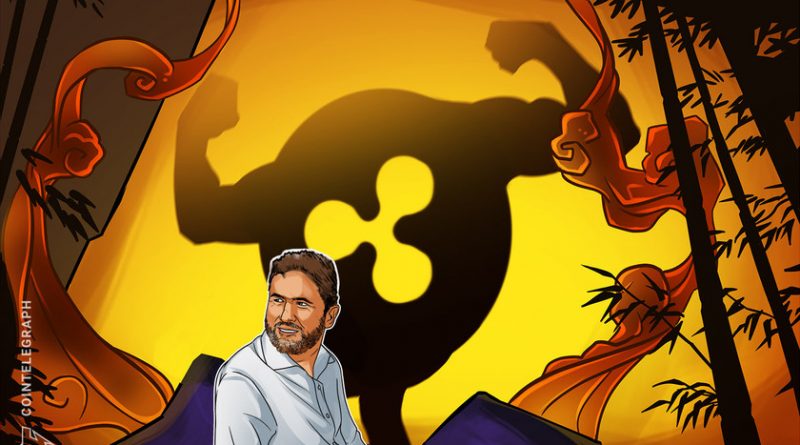Garlinghouse: Ripple would still thrive even if XRP were declared a security
The CEO thinks his company will be just fine, even in this hypothetical scenario.
Ripple CEO Brad Garlinghouse believes his company can still thrive under a hypothetical scenario where XRP is declared a security by U.S. lawmakers.
Appearing on episode 439 of the Pomp Podcast, Garlinghouse talked about the implications of XRP being declared a security by the U.S. Securities and Exchange Commission, or SEC. He said such a position would run contrary to the prevailing view among G20 markets.
While acknowledging that “it’s very hard to look at XRP as a security,” Garlinghouse said:
“You know if XRP were deemed a security here in the United States that, you know, we have other G20 markets that have taken a different view. I’m not aware of any market globally that thinks that XRP is a security.”
Garlinghouse added that “more than 90% of RippleNet customers are out of the United States,” suggesting that a securities designation wouldn’t necessarily hinder the company’s underlying business.
If XRP were declared a security in the United States, investors (including Ripple) would need to complete broker-dealer registration with the SEC.
XRP’s regulatory status has been the subject of intense scrutiny for the past few years, with veteran trader Peter Brandt being the latest public figure to declare it a security.
On the opposite side of the spectrum, Congressman Tom Emmer, a Republican from Minnesota, argued in August that XRP is not a security.
Ripple has been the subject of a class-action lawsuit from disgruntled investors claiming that XRP is a security. The lawsuit alleges false advertising and unfair competition chargest against Ripple. An amended filing from March claimed that Garlinghouse was shopping XRP to prospective investors while simultaneously liquidating his holdings.
XRP is back in the limelight this month following an explosive rally that pushed the cryptocurrency above a multi-year range. It was the subject of heavy profit-taking on Thursday, falling more than 28%.





